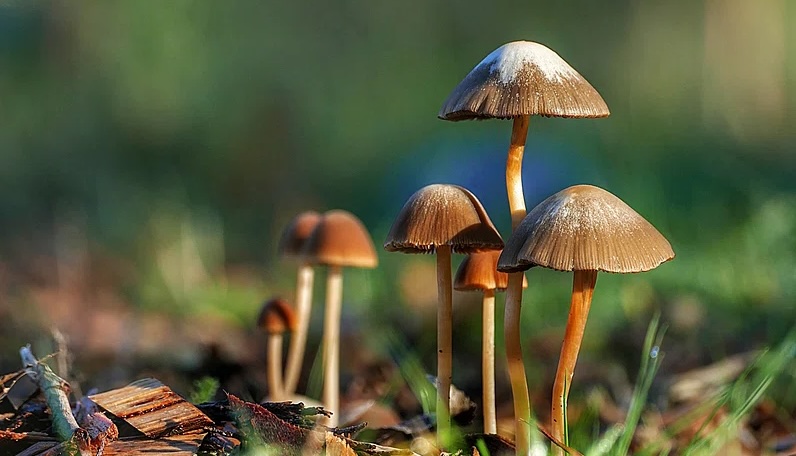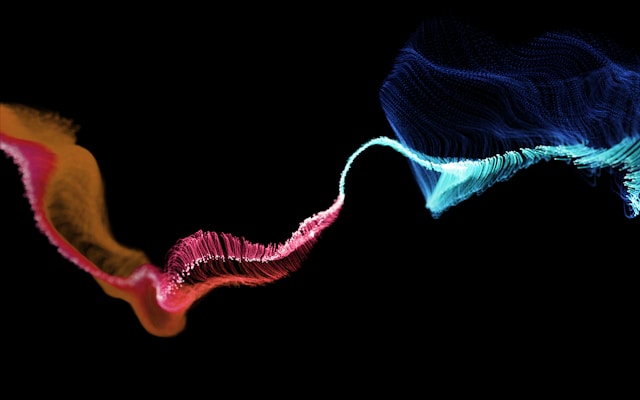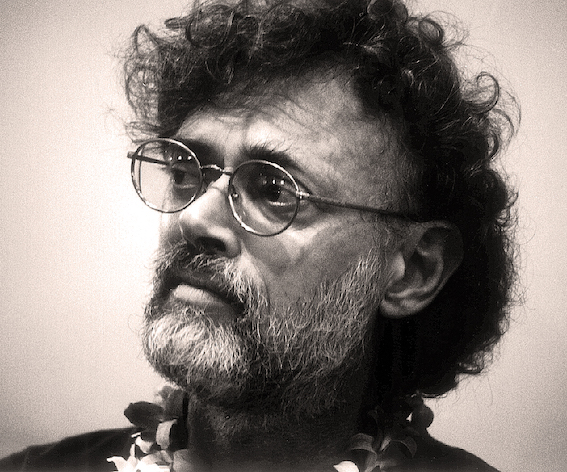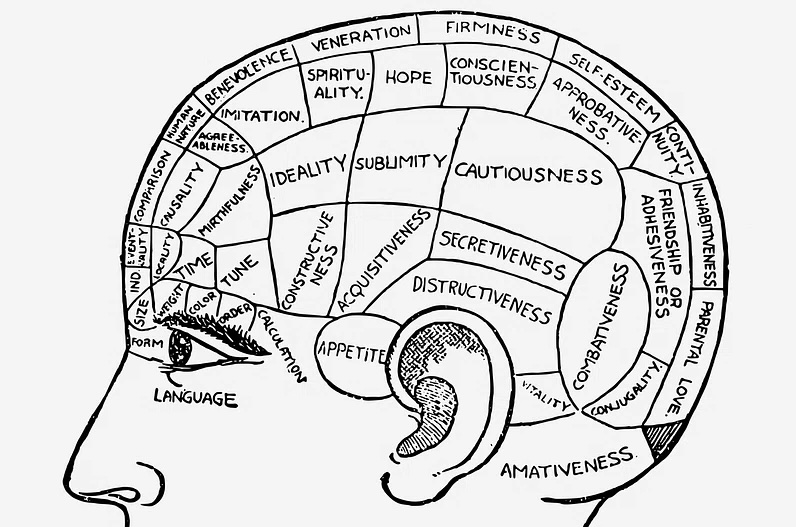Psilocybin (the psychoactive compound in magic mushrooms and truffles) is being explored for its potential to treat a myriad of mental and physical health issues. From treatment resistant depression, to eating disorders, addiction, to chronic pain and more, psilocybin is showing promise as a healing tool.
This growing interest in its therapeutic applications has also played a role in helping to destigmatize the recreational use of psychedelics. Slowly, these substances, once seen as dangerous and degenerate are being reconsidered as valid and enlightening experiences, that actually have long term positive effects, unlike many legal drugs like alcohol!

Truly, psychedelics are having their moment. And, appropriately, one of the findings from the aforementioned pilot study suggests that psilocybin can actually help you to be ‘in the moment’ yourself. Intrigued? Let’s dig in…
Study Finds Psilocybin Can Enhance ‘Psychological Flexibility’
The pilot study, published in April by the Journal of Psychedelic Studies, found preliminary evidence that psilocybin can enhance psychological flexibility, when administered in a group retreat setting. Psychological flexibility means that you can be present in the moment, and are able to respond to stimuli in ways that represent your values and serve your best interests.
The study was titled; “A pilot study of the effect of group-administered psilocybin on psychological flexibility and outcomes”, and was carried out by Brian Pilecki, Jason Luoma, and Kati M. Lear. The study stands out from the current wave of psychedelic research in that it focuses on the effects of a group scenario on the efficacy of psilocybin.
Group-Based Psilocybin Experiences Are Under-Studied
Study author Pilecki told Psypost;
“I think group-based psilocybin administration is under-studied and has significant value in producing therapeutic change. I also am interested in using psychological flexibility as a way to understand how psychedelics exert their effects and lead to improvements in health and well-being,”
The study, which took place at a retreat, comprised of 9 participants (6 female and 3 male) with ages ranging from 41 to 68. Four of the participants advocated having a regular meditation practice, while the other 5 did not. All 9 participants were employed, with 4 in full time work and the other 5 in part-time.
The researchers collected data three times from the participants using a series of assessments. These assessments took place one week before the retreat, two weeks after the retreat, and then six months later. They concise of standardized questionnaires to measure psychological flexibility, cognitive function, self-compassion, emotional expressivity, values-driven behavior, and general well-being. ,

Everyone Took a ‘Heroic Dose’
The participants were asked what the highest dose of psilocybin they had taken during their sessions at the retreat. They reported a range of between 5 and 12g of dried homogenized magic mushrooms. This means that all the participants took at least one “heroic” dose — the “heroic dose” being 5g of dried magic mushrooms. This term was coined by psychedelic icon Terence Mckenna, and for him was the way to have the most intense and meaningful psychedelic adventure. Basically, all of the participants took at least one, very high dose.
The study focused on the quantifiable changes in psychological flexibility rather than just recording any change in psychological flexibility.
The authors wrote;

“This study is significant in that it is the first to quantitatively document changes in psychological flexibility facets after psychedelic experiences rather than only more general changes in psychological flexibility,.. Understanding processes of change involved in psychedelic-assisted therapy is important in informing how psychotherapy can support psychedelic experiences.
For example, it might be possible to take steps during preparation to make it even more likely that people will experience cognitive defusion or values clarification during dosing sessions.
Alternately, techniques based on psychological flexibility theory might be used to support changes in values that begin during dosing and translate these into long-term behavior change. We are just beginning to understand the link between psychedelics and psychological flexibility and hope this pilot study will spur future research on the topic.”
Psilocybin Helps to Weaken the Grip of Rigid Thought Patterns
The collected data shows a significant decrease in cognitive fusion. ‘Cognitive fusion’ refers to the hold that rigid, behavior altering thoughts have over an individual. This decrease was substantial at the two week follow-up assessment, and continued through to the six month evaluation. This suggests that after their psilocybin sessions participants were able to detach from their thoughts more effectively. This is key when our thoughts are negative, and recur in damaging cycles. Being able to detach from these thoughts allowed the participants to act more closely aligned with their values, rather than being trapped by their habitual thought patterns.

Free to Live According to Your Own Values
Happily, the participants reported improvements in how easily and freely they were able to live according to their values. This was shown by drops in “values obstruction” at both the two week and six month assessments, suggesting sustained improvements in the individuals ability to act in ways that align with their personal values overtime.
The researchers also noted increases in self-compassion and both follow-up assessments, as well as changes in emotional expressivity.
Pilecki told PsyPost;
“Our study supported that psilocybin taken in a retreat context can be helpful in enhancing key aspects of psychological flexibility including cognitive defusion, valued living, and self-compassion… These improvements suggest that client’s were able to take greater perspective on their thoughts and align their behaviors more closely with their values.”
Psilocybin Connects You With Your ‘True Self’
Interesting, this study chimes with the findings of a 2023 study that found that those who microdosed psilocybin felt more “authentic”. Clearly there is a link between psilocybin use and being more able to connect with your ‘true self’. It is fascinating, and almost funny, how values such as ‘authenticity’. ‘true-self’, and living ‘freely’, once associated with ‘woo-woo’ hippies, are now being researched by scientists. It shows that this knowledge has always been available to those who wish to seek it. Psychedelics haven’t changed, but the mainstream understanding is beginning to.

The researchers are keen to explore the long-term benefits of psilocybin.
Pilecki stated;
“Some of the differences between short- and long-term outcomes were surprising, though it is hard to infer much due to the small sample size… For example, of all the processes that were measured, we found increases in self-compassion at the six-month follow-up suggesting that psilocybin may lead to enduring changes in one’s relationship to themself.”
“Further Research in this Area is Warranted”

As you’ve probably ascertained yourself, larger studies will need to be carried out. Nine participants is a very small number for a research trial. However, more studies in this vein are sure to come, seeing as these initial findings are so promising.
Study author Pilecki concludes;
“This was a small pilot study without a control group, so results must be interpreted with caution… However, positive results suggest further research in this area is warranted.”





